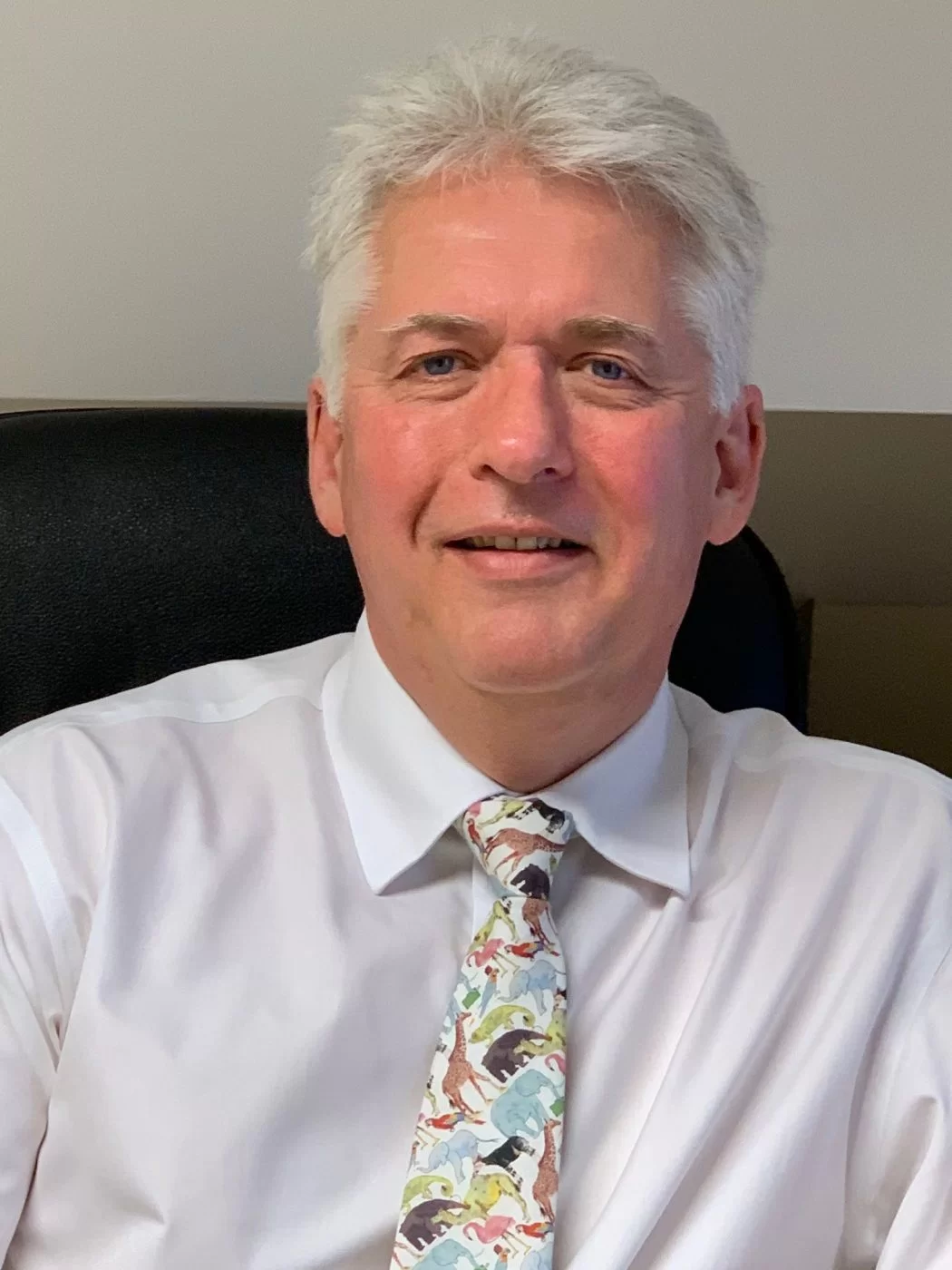Black Lives Matter … and we need to start showing it more’

Dr Charles Parker is a GP Partner at Topcliffe Surgery near Thirsk. He is the Clinical Chair of NHS North Yorkshire Clinical Commissioning Group (CCG). In his second post for our new CCG blog, ‘Doctor Diaries’, Charles speaks about racism in primary care settings.
As I sit down to write this piece and I reflect on the worldwide protests that have followed in the wake of the death of George Floyd, an unarmed black man who died after being arrested by police outside a shop in Minneapolis, Minnesota, I am very aware of my privileged background and working environment and I have questioned whether I have the right to talk on the issue of race.
However, I feel I have a duty to write down a challenge to myself and to others in similar positions and environments – we should be doing more to tackle racism.
There is no doubting racism exists and it is an insidious part of the privileged environment in which I live and work. It exists in my assumptions of what life is like for others and in my ignorance of other worlds. I hope I am never consciously racist (or even inadvertently racist) but I know the language I learnt growing up is no longer acceptable.
I also know unless I make a conscious effort to keep up to date with current affairs the language I use can potentially cause offense. That applies to both race and gender sensitive issues. I am fortunate that I have two very aware sons who are willing to challenge behaviour that they hear or see. I am proud of them for that.
Can I say that I have always been proud of myself for that? Have I always challenged those statements I have heard in my consulting room? “THEY should learn to speak proper(ly)” or “I couldn’t understand what was said, why can’t we train our own doctors?” Shamefully I have to admit that I have not. In that omission I have therefore passively condoned that behaviour – and I am ashamed of that.
I once listened to a passionate talk about child abuse. The argument highlighted that physical chastisement of children was on the acceptable end of a bell-shaped normal distribution curve with child abuse. The only way to make physical abuse of children less likely to occur was to make all physical punishment unacceptable and so shift the curve away from abuse and reduce the risk of escalation from chastisement to abuse. This struck home as being common sense and it influenced my behaviour subsequently. I think this applies to racism as well.
I can remember the dread and the sickening feeling that I used to experience with impending physical chastisement. I can imagine that racial abuse would trigger similar reactions in its victims. The loss of trust, the anger and sense of injustice that I felt at those times affected my relationships for years. When I hear people criticise parts of the community for keeping to themselves I think that we need to reconsider where the blame for that lays.
A lot of us occupy respected places in the community. It is time that I, and others, used that influence to challenge sentiments that would cause offense and hurt to others. I have heard a lot of GPs say they are the patients’ advocate in the health system. We should use that advocacy role to work both ways.
Challenging patients on their views and language will not always be comfortable. We represent a profession that would want to treat all persons fairly and be blind to race (or gender issues). That means we are representing the whole profession. With exceptional patient commitment, Black, Asian and Minority Ethnic fellow professionals are at risk and continue to accept the risk of increased susceptibility to COVID-19. We all have a responsibility to challenge racism when it is evident, especially in our workplace, in primary care and hospitals.
And our population needs to understand that archaic attitudes and language should no longer just be brushed to one side; it absolutely will not be tolerated and patients who express those views will be challenged in the strongest possible way.
I applaud the work that’s now under way through the Humber, Coast and Vale integrated care system to tackle racism and health inequalities among BAME communities.
My esteemed colleague, Steve Russell, the Chief Executive at Harrogate and District Foundation Trust, is heading up a working group with representation across the area to look at some of these issues. Steve has been a powerful voice on the issue of race equality. His words – which I would encourage everyone to read – have resonated. He’s shown great leadership.
I’m sure the working group will also look at what we can do, collectively, in our GP practices, hospitals and other healthcare settings to make sure our population is in no doubt there is no place for racism or prejudice in our National Health Service*.
*Did you know – 12% of NHS staff say that their nationality is non-British, representing around 200 different nationalities.
